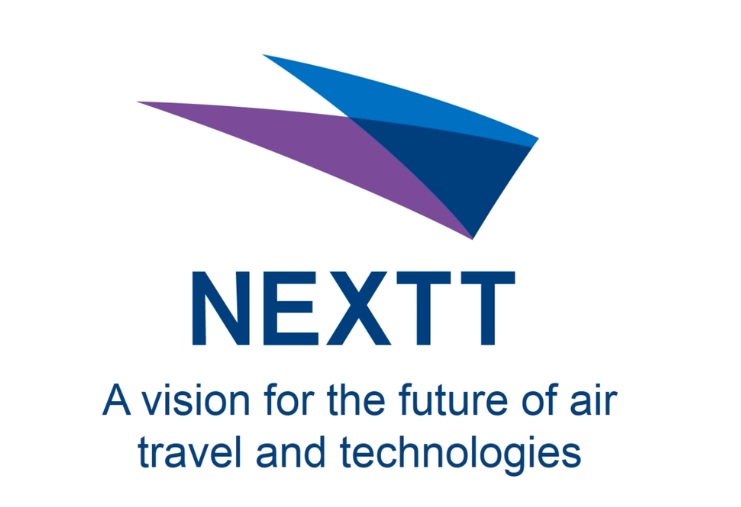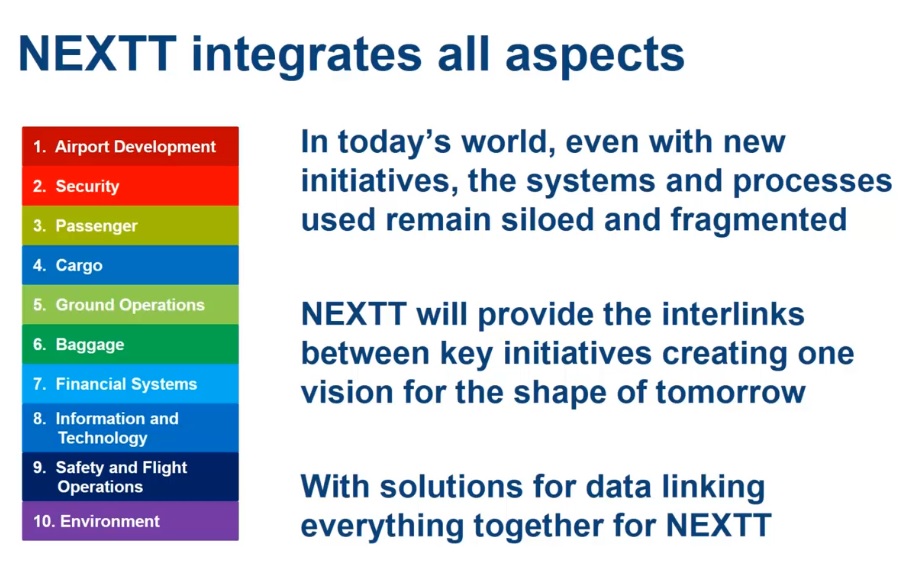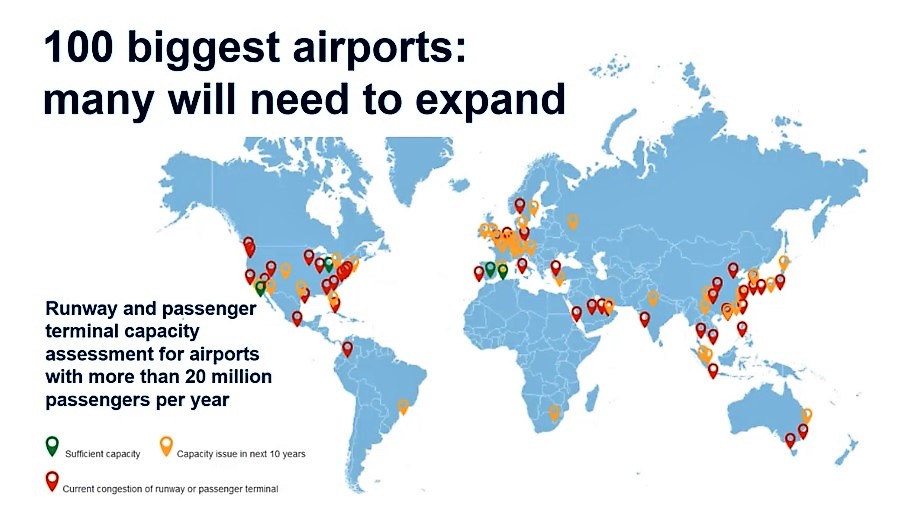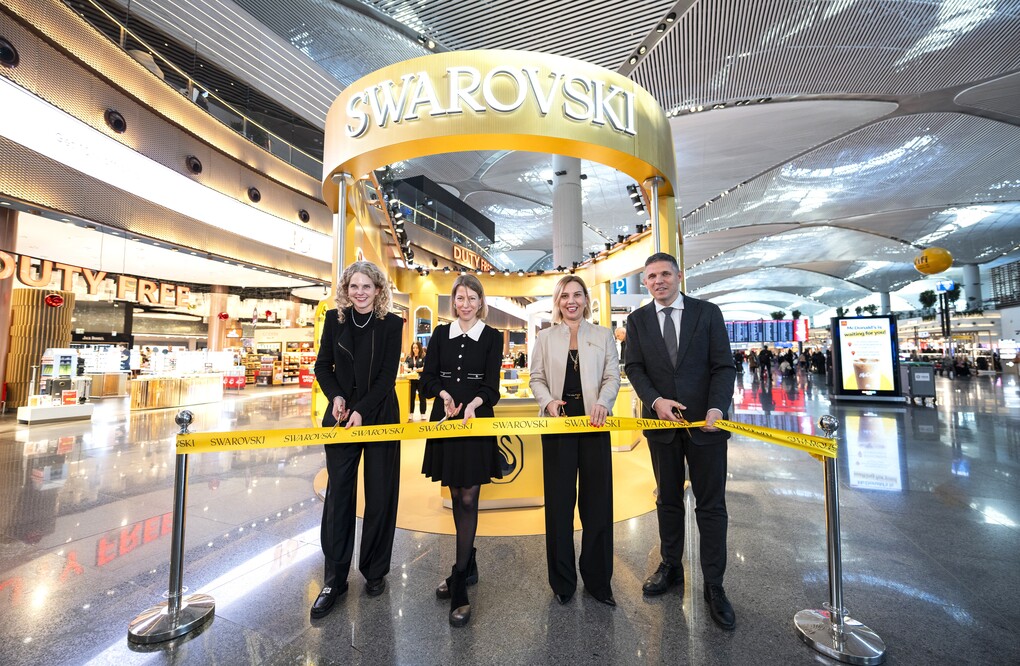INTERNATIONAL. Global aviation bodies Airports Council International (ACI) and the International Air Transport Association (IATA) held a webinar last week as a “first opportunity” for the aviation industry to contribute to a new, wide-ranging initiative for future travel. It could also be transformative for travel retail.
Last autumn, the airport and airline associations announced a joined-up vision called the New Experience in Travel and Technologies (Nextt). It brings together ideas that will alter the passenger and cargo journey over the next 20 years, affecting everything from secure ID to duty free shopping.

With working groups in place on the multiple concepts that constitute Nextt, IATA and ACI have now also created a specific LinkedIn discussion group to hone ideas, determine R&D requirements and regulatory development needs.
IATA Nextt Program Manager Anne Carnall said that there might be some instances of regulatory change to accommodate the Nextt vision globally for airlines. ACI World Director, Security, Facilitation and IT Nina Brooks added: “Nextt isn’t a project, it’s a vision consisting of a number of projects which we are already working on such as smart security and one-ID.”

Four journey elements
Nextt breaks down a journey into four elements: cargo, baggage, passenger and aircraft. The most relevant to the duty free and travel retail business is ‘passenger’.
The vision is a seamless, secure and efficient walking-pace journey where identity management; booking and shopping; and travel communications are available and highly personalised throughout.
Biometrics will be used to confirm identity and enable easy processing and passenger tracking at all times; flight bookings and orders for retail goods and services will be possible at any point throughout the journey – and captured as one order. This can then be tracked, fulfilled and linked to a passenger’s digital identity.

If passengers have consented to receiving notifications, they can be offered additional, personalised goods and service options ‘on the fly’ from a variety of suppliers based on their location in the airport. Goods can be tracked and delivered to any location at any time; for example duty free direct to home.
While the holistic concept appears futuristic, many of its individual components are feasible, and a number of key airports are already actively involved in projects exploring Nextt concepts. They include Amsterdam Airport Schiphol, Bangalore International, Dubai International, London Heathrow and Shenzhen Airport.
Why Nextt now?
The joint efforts of IATA and ACI underline the importance attached to Nextt. In light of the projected doubling of air travel demand by 2036, new concepts are, and increasingly will be, required to optimise the use of emerging technologies, processes and design developments.
Former IATA Director General and CEO Alexandre de Juniac said last year: “We will not be able to handle the growth or evolving customer expectations with our current processes, installations and ways of doing business. And accommodating growth with ever bigger airports will be increasingly difficult, if not impossible. Nextt will address these challenges.”

ACI World Director General Angela Gittens commented: “Nextt will explore off-site processing options; reducing or even eliminating queues; more efficiently using space and resources through enhanced deployments of artificial intelligence and robotics; and vastly improving data sharing between stakeholders.”
Advanced processing technology such as tracking and identification technology, automation and robotics will be at the heart of Nextt, fuelling a drive towards predictive modelling and interactive decision-making.












